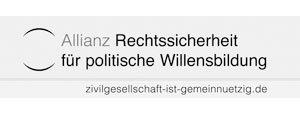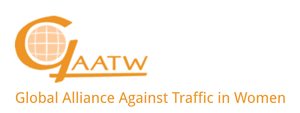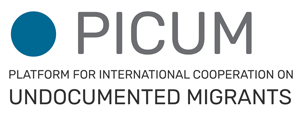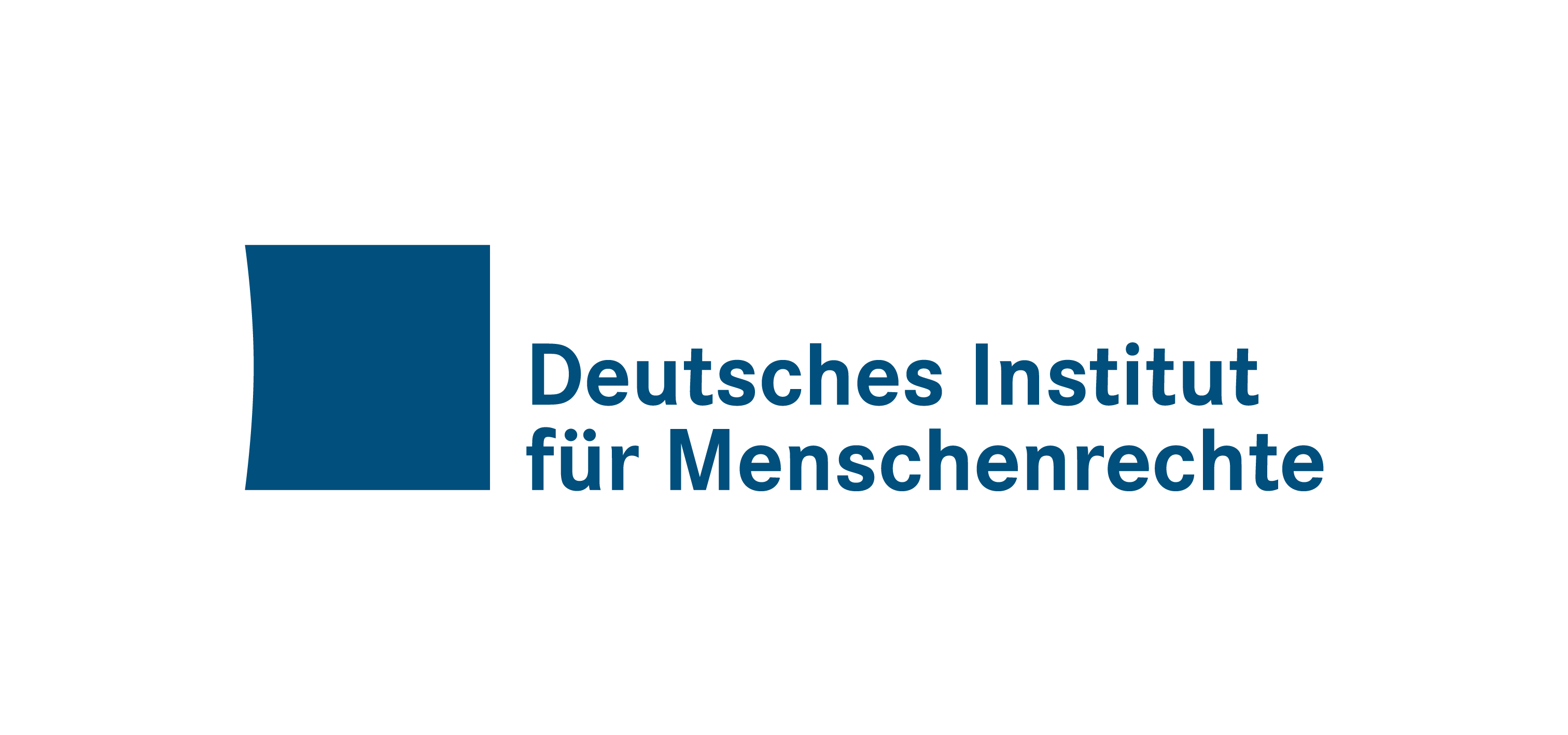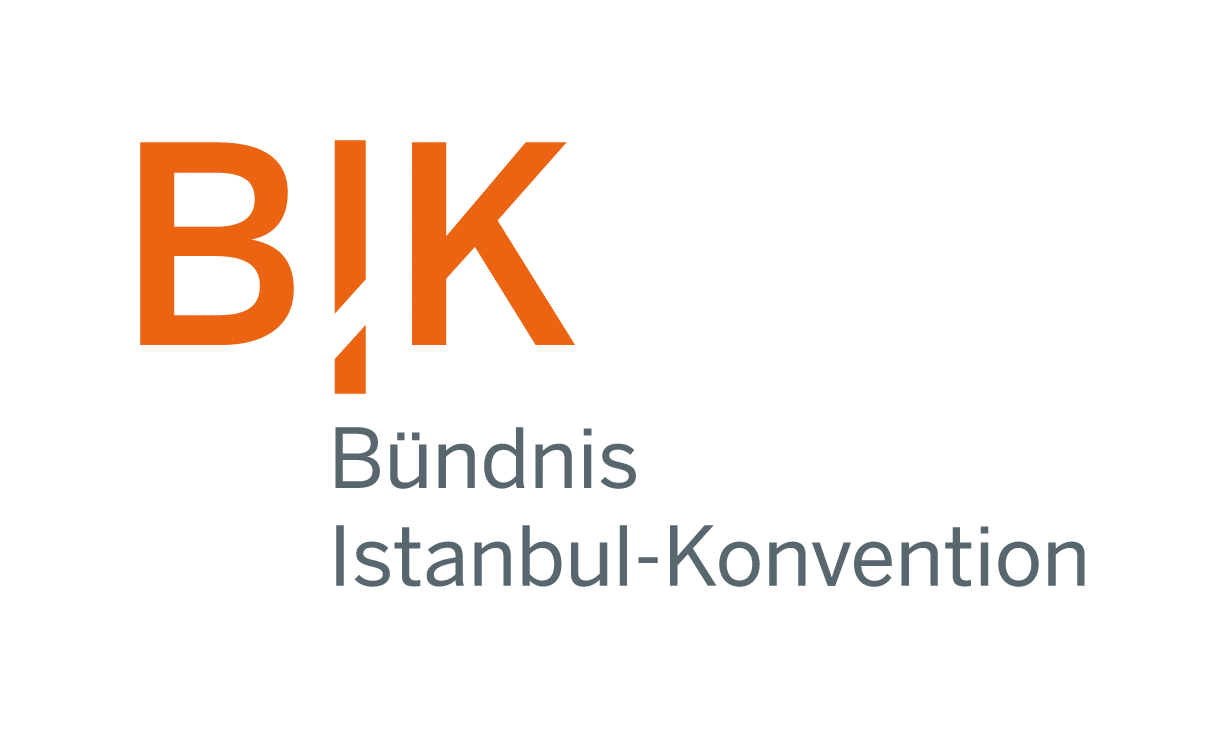NGO statement to be presented at the first EU Anti-Trafficking Day - 18 October 2007
We, the undersigned human rights NGOs working on women’s, children’s, workers’ and migrants’ rights and active against trafficking in human beings in Europe, welcome the initiative for a European Day against Trafficking in Human Beings and support the call for action by the European Commission.
Indeed, it is time for action: after drafting treaties and resolutions, organising conferences and hearings and making action plans, it is time to start implementing measures to end the human rights violations that are the result as well as the cause of trafficking in human beings.
In order to really make progress in preventing and combating trafficking in human beings, the following action should be taken:
APPLY, IMPLEMENT AND MONITOR INTERNATIONAL OBLIGATIONS
The European Union and its Member States should ensure that the protection of and respect for the human rights of trafficked persons and affected groups lies at the core of all anti-trafficking policies. Such action will ensure that anti-trafficking measures do not infringe or negatively impact on the enjoyment of the human rights of trafficked persons or other affected groups.
The EU and its Member States should, without further delay, sign, ratify and implement the Council of Europe Convention on Action against Trafficking in Human Beings and the UN International Convention on the Protection of the Rights of All Migrant Workers and Members of Their Families. The EU should amend its standards related to trafficking in human beings to ensure that, at a minimum, they are consistent with the provisions of these treaties.
There is a need for action to address the human rights issues arising at each stage of the trafficking cycle. Such measures should include increased possibilities for legal (labour) migration; prompt and accurate identification of trafficked persons; unconditional social and free-of-cost medical and legal assistance; protection measures which address the needs of and risks faced by the individual concerned; measures to ensure that trafficked persons have access to an effective remedy, including remuneration. Returns must be voluntary and safe, accompanied by social inclusion measures in order to protect and respect the rights of trafficked persons and to prevent further victimisation. These measures should be applicable to all trafficked persons, whether they are trafficked from outside the EU or within, or within a Member State. To this end, we support the initiative of the European Commission in drafting the "Recommendations on standards and best practices on national mechanisms for identification and assistance of victims of trafficking in human beings" and call upon Member States to prepare for the implementation of these recommendations in national policies and measures.
The EU and Member States should monitor the human rights impact of all anti-trafficking measures and policies, including the Action Plan. To this end, we support the initiative of the European Commission to develop an "Assessment Manual for Measuring Responses to Trafficking in Human Beings in the European Union" and call upon Member States to use this manual to assess the progress made in implementing essential anti-trafficking measures. We also call on Member States to appoint independent national rapporteurs on trafficking.
RESEARCH AND ADDRESS ROOT CAUSES
The rises of economic inequality and increasing economic insecurity, as well as the consequences of political and armed conflict, have led to an increase of human movement for labour and to an
increase of informal and unprotected work. In order to ensure coherent, holistic and human rights-based anti-trafficking policies and action, a thorough understanding of the root causes, the facts and figures and the changing trends is necessary. More high-quality research on trafficking in human beings - with verifiable and disaggregated data, based on independent and unbiased analyses - is needed.
Next to more understanding of the issue of trafficking, political will and action is needed to address the root causes of trafficking at all stages of the trafficking process in a manner that respects and protects human rights. In countries of origin, adequate human rights-based development cooperation policy and adequate development support are needed. During the migration process the human rights of irregular migrants must not be violated and the possibilities for legal (labour) migration should be increased. In the countries of destination there must be greater protection of workers in those sectors or activities where forced labour or services are likely to occur. States and private sectors must take responsibility and action to end exploitative labour conditions. People working within informal and unregulated work should be brought within the protection of labour laws to ensure that all workers enjoy the same labour rights.
COOPERATE, COORDINATE AND ENSURE COHERENCE
Despite existing policies and strategies, a long-term, coherent, and comprehensive EU policy approach to address trafficking in human beings is still lacking in Europe. The EU should develop a holistic human rights-centred approach that includes other relevant EU policies, including those on development cooperation, child protection, labour, social affairs and social inclusion, anti-discrimination, migration, and asylum. EU policies with potential impact on the rights and safety of trafficked persons, such as external and security policies and policies on return and irregular migration in general, need to be developed with due regard to good practices for the protection of the rights of trafficked persons.
The EU budget structure - which divides budget lines into those that deal with EU external assistance to third countries and those devoted to EU internal policies - has led to a situation in which financial programmes applicable to anti-trafficking are inevitably fragmented into different series of instruments and frameworks. This compromises the effectiveness of actions and has led to ‘donor driven’ projects and overlap, and has created competition amongst NGOs and other actors. All EU programmes should ensure adequate geographical and thematic flexibility and be based on real needs and priorities and on measurable good practices and on a regular examination of their effectiveness.
In order to ensure coherence, cooperation, and coordination of the various EU policies, the European Commission units dealing with anti-trafficking policies need to be adequately resourced with staff. Specialised bodies, such as the EU expert group must also be adequately resourced to ensure their effective functioning; they should be able to meet regularly, to communicate and to distribute their work in Member States.
In order to arrive at a coherent, holistic, human rights-compliant approach, cooperation must be ensured between all relevant actors, including a range of public officials and authorities (such as law enforcement, labour, social assistance, child protection, health, housing, etc.), non-governmental actors as well as groups and individuals affected and at risk. This cooperation must take place at each stage of the trafficking cycle in countries of origin, transit and destination. We call on the EU to ensure that all Member States that have not yet established a National Referral Mechanism (based on the OSCE model) to do so, to ensure the coordination of all relevant stakeholders.
* see signatories list below
Signatories
International and regional NGOs
Amnesty International, EU Office
CCME - The Churches´ Commission for Migrants in Europe
ECPAT International
Global Alliance against Traffic in Women
International Federation Terre des Hommes
La Strada International
PICUM
Plan Europe
Save the Children, Europe Group
National NGOs
ALC, France
Alternative Sociale Association, Romania
Associazione On the Road, Italy
Astra - Anti-Trafficking Action, Serbia
Ban Ying, Germany
BlinN - Bonded Labour in the Netherlands, the Netherlands
FIZ - Women Information Centre for Women from Africa, Asia, Latin America and Eastern Europe, Switzerland
For Happy Childhood - Macedonian Association Supporting Families and Children at Risk, Macedonia
Human Rights Defence Center, Greece
ISCOS-Cisl, Italy
KOK, Germany
La Strada Belarus - YWCA of Belarus
La Strada Bosnia and Herzegovina - Women’s Development Centre
La Strada Bulgaria - Animus Association
La Strada Czech Republic
La Strada Macedonia - Open Gate
La Strada Moldova - International Centre for Women’s Rights Protection and Promotion
La Strada Netherlands - Stichting Tegen Vrouwenhandel
La Strada Poland - Foundation against Trafficking in Persons and Slavery
La Strada Ukraine - International Women’s Rights Centre
Lefö, Austria
Macedonian Women’s Rights Centre, Macedonia
PAG-ASA, Belgium
Proyecto Esperanza, Spain
SRTV - Dutch Foundation of Religious against Trafficking in Women, the Netherlands
Stellungnahme als PDF


